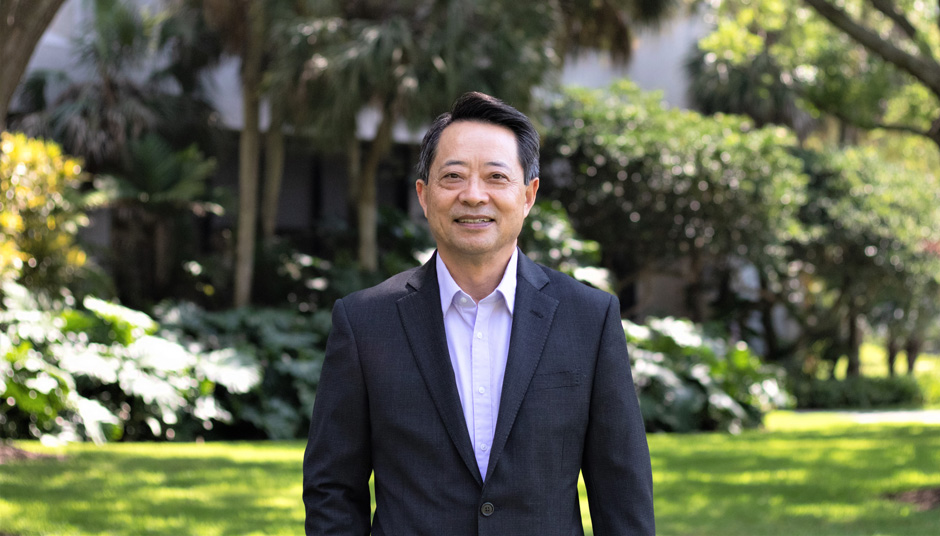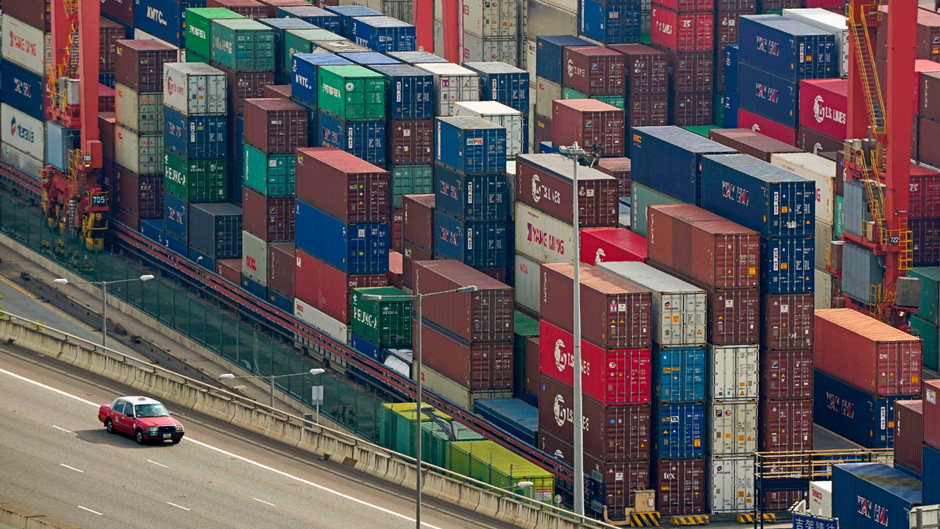Newswise — For the past 70 years, the global economy has been governed by open trade and multilateral governance, an order established by the United States and its allies after World War II and based on principles of openness, rules, and multilateral cooperation.
But we are entering a new era of fragmented globalization, caused by the rise of geopolitical fractures, nationalistic unilateralism, and trade protectionism, and moving away from multilateral governance toward nationalistic interventionism, asserts Yadong Luo, the Emery M. Findley Jr. Distinguished Chair in the University of Miami Patti and Allan Herbert Business School.
“This is a new development rather than a global cycle. The scale, structure, complexity, and ramifications are unprecedented,” said Luo, a leading scholar in international business whose research has revealed amplified volatility and uncertainty and more complex disruptions in the international business sphere.

Luo contrasted previous protectionist policies, especially those in the early 20th century, with today’s protectionism, also known as new interventionism. Historically, policies focused primarily on economic protectionism to shield industries such as agriculture, manufacturing, and textiles from foreign competition. Tariffs and quotas were often used to protect domestic markets and jobs.
Policies in the new paradigm are increasingly tied to national security and technological sovereignty, particularly in sectors like semiconductors, artificial intelligence, telecommunication, and energy. Governments today view control over key technologies and supply chains as central to their geopolitical power, noted Luo.
Additionally, earlier protectionism often occurred during periods of economic distress, such as the Great Depression, when governments imposed tariffs to protect domestic jobs and industries.
Today’s economic nationalism arises in response to a globalization backlash, Luo said. Growing discontent with the unequal distribution of globalization’s benefits, concerns about job displacement due to trade, and rising populism have fueled new protectionist policies. This is seen in movements like Brexit and the rise of populist governments, which advocate for reclaiming sovereignty over economic decisions from international institutions and agreements.
In the emerging fractured globalization paradigm, the regionalization of economic ties tends to fragment global supply chains. Protectionist policies now reflect a strategic need to adapt to the competing geopolitical blocs and regional powers, and countries align with specific allies and regions while erecting barriers against others, leading to a more multipolar global economic structure.
The U.S.-China trade war in 2018 (reinforced by the pandemic in 2020 and Russia-Ukraine War in 2022) is one of the most significant markers of the new interventionism, according to Luo. The U.S. imposition of tariffs on hundreds of billions of dollars’ worth of Chinese goods, in response to perceived unfair trade practices, was a major departure from the previously cooperative U.S.-China economic relationship.
This trade war highlighted a shift toward strategic competition between global powers, with national security concerns overtaking the earlier emphasis on free trade. The rivalry between the U.S. and China sparked a broader trend of economic decoupling, especially in high-tech sectors like semiconductors, telecommunication, and artificial intelligence.
The U.S. CHIPS and Science Act is a more recent example of a techno-nationalist policy that feeds techno-geopolitical uncertainty. The legislation exhibits two features that fit a larger pattern of techno-nationalism that the U.S. has recently adopted.
First, it flies in the face of America’s traditional policy stance of championing an open and rule-based multilateral system by emulating the sort of market-distorting policies that the U.S. has accused China of pursuing, Luo explained.
“This raises concerns about the U.S.’s willingness to lead and defend the rule-based global trade system as we know it, presenting what we believe to be the dawn of a new techno-nationalist era in U.S. policy,” he said. “Second, the act pursues the weaponization of global value chains as a new tool of this techno-nationalism, which will require multinational enterprises to carefully consider geopolitical alliances and rivalries in the configuration of their activities around the world.”
Luo, the author of 20 books and recently honored with the Academy of Management Division Hyundai Motor Eminent Scholar Award, suggested it is premature to say if the act signals the end of the liberal international order.
“The U.S. decision to take up geopolitical techno-nationalism has in large part been a reaction against China’s own techno-nationalism, and this leaves room for negotiation between the two geopolitical rivals,” he said. “It is unlikely that either the U.S. or China want to see complete decoupling or the collapse of the multilateral system due to the high economic costs that would impose on themselves.
“Both parties may therefore be willing to limit the most extreme forms of beggar-thy-neighbor mercantilism, while preserving the legitimate quest for countries to protect national security,” Luo commented. “They may choose to keep the principles of openness, rules, and multilateral collaboration that are at the heart of the liberal international order from which they both benefited, while allowing more latitude in the design of industrial policies.”

